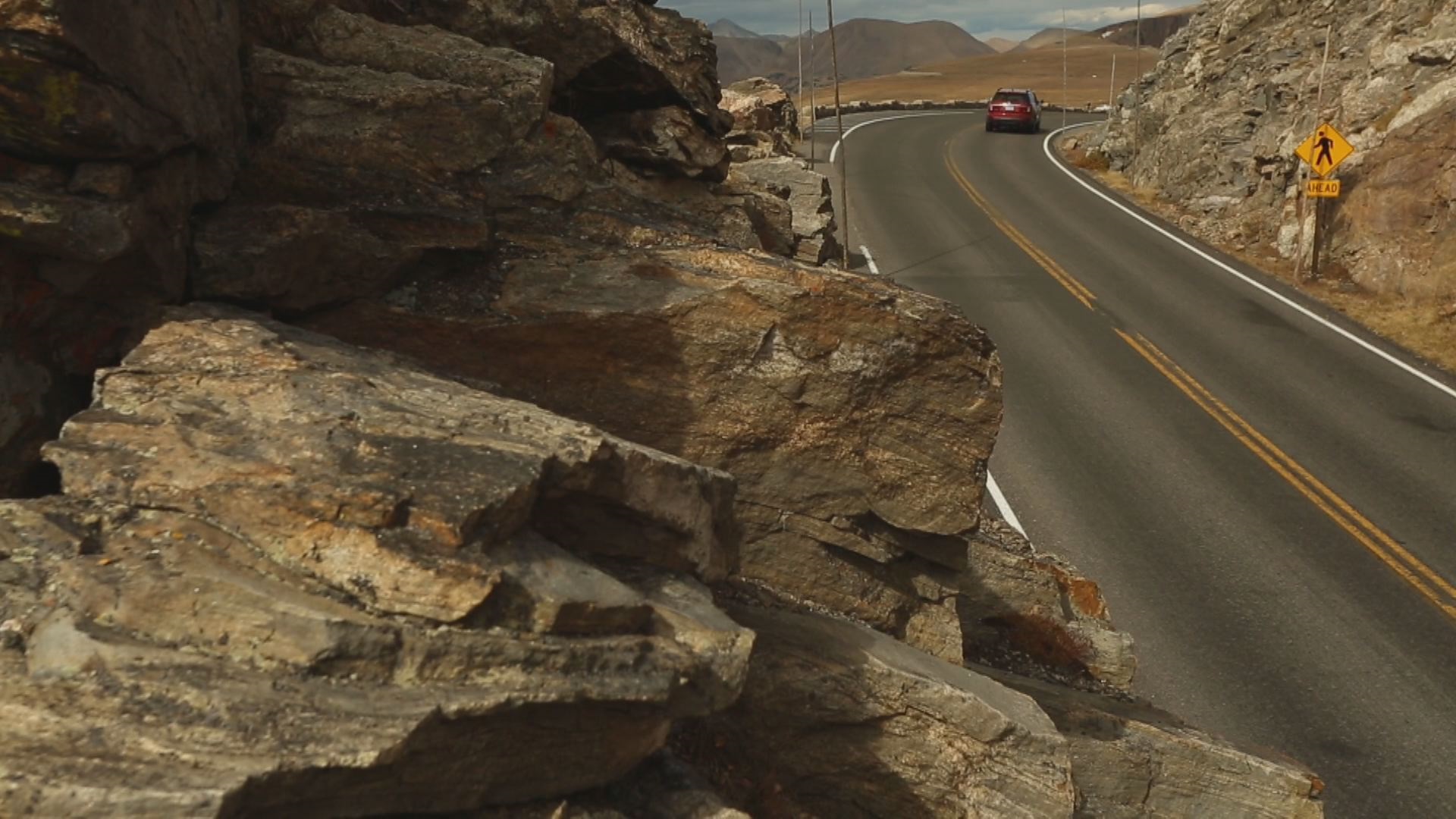Next time you're in a park, close your eyes and listen. Are you hearing birds, bugs and the wind or electronics, traffic and noise?
New research from CSU shows urban sounds are making their way into the quiet of parks and protected areas.
A first-of-its-kind study compared sound levels in hundreds of parks across the country. Researchers listened in city parks, neighborhood parks, national parks and the wilderness. While there are still some places you can appreciate the sound of silence, many protected areas had noise pollution twice as high as background sounds.
“The thing about noise is that it knows no boundaries,” CSU Associate Professor George Wittemyer said. “Noise is sort of infusing into some of our protected areas even though the activities that are causing this noise aren’t necessarily within the boundaries.”
Wittemyer said urban noise is cutting into humans' experience outside and changing the behavior of wildlife. Animals can be even more sensitive to noise pollution than humans. Noises can change their mating and hunting behavior.
The quietest places in the country are in the wilderness areas. Wittemyer says there are still plenty of places in Colorado to find the natural soundscape of nature. However, some popular places like Maroon Bells-Snowmass Wilderness and the national parks are having to look for noise solutions.
Planners in some places are cutting down the human sounds by building concrete barriers by roads and creating quiet zones. Some parks have started using shuttles to reduce the number of cars. In national parks, Wittemyer says there are "noise corridors" where they keep all car traffic and overhead airplane noise in the same area to keep the rest of the park quiet.
Researchers say they hope their study will make more people appreciate the natural quiet and reverse some of the damage done by noise pollution.
“It turns out the soundscapes are a big part of your experience out in natural areas and sometimes people don't recognize that,” Wittemyer said. “My hope is that people when they get out in these natural areas in their parks that they pay attention to the soundscape as well as to the other aspects of the park they love.”


